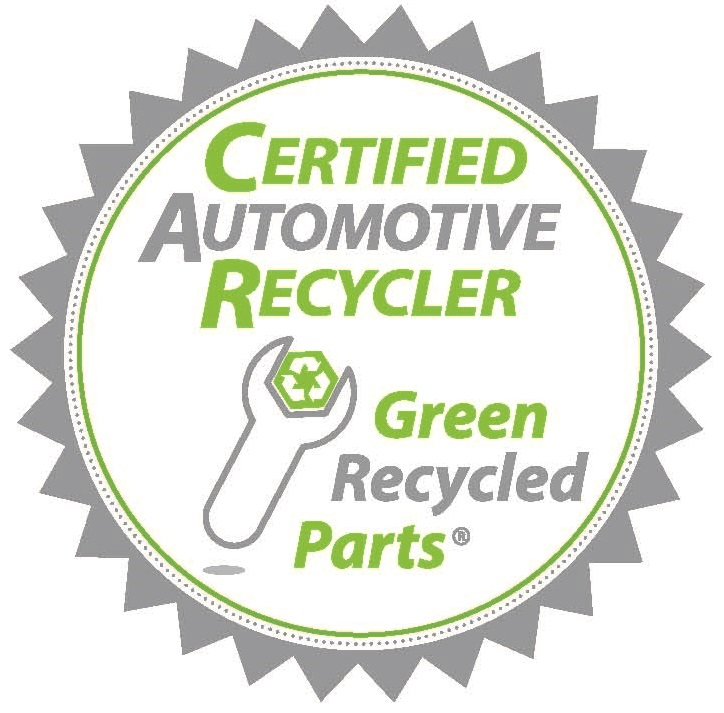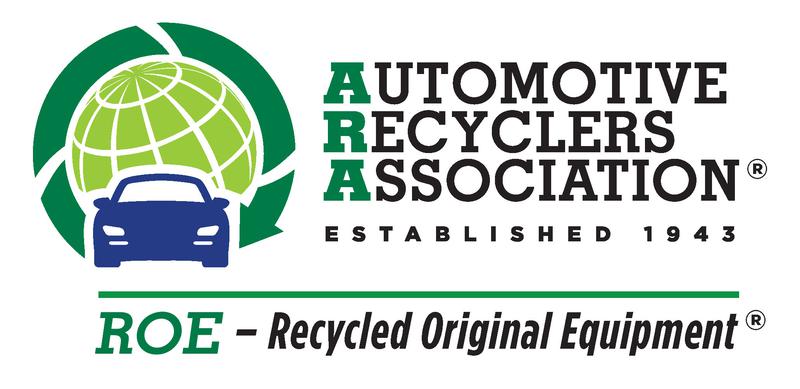Certified Auto Recyclers
Many professional automotive recyclers use a certification program to attain and maintain compliance with environmental, safety and transportation rules applicable to salvage facilities. The Automotive Recyclers Association (ARA) Certified Auto Recyclers (CAR) program sets a standard of excellence as the path to compliance.
Regulatory Agency
The Alaska Department of Environmental Conservation Division of Water
When Alaska became a state in 1959, protection of Alaska's ecosystems fell to the Department of Health. In 1971, the Alaska Legislature formed the Alaska Department of Environmental Conservation, transferring authority to the new department. The legislation set out DEC's mission as follows: "to conserve, protect and improve its (Alaska's) natural resources and environment and control water, land and air pollution in order to enhance the health, safety, and welfare of the people of the state and their overall economic and social well being." For nearly 50 years DEC has been working to do just that.
The Environmental Protection Agency (EPA) Region 10 - EPA's National Environmental Policy Act (NEPA) office in Region 10 serves Alaska, Idaho, Oregon, Washington, and 271 native tribes. https://www.epa.gov/aboutepa/epa-region-10-pacific-northwest
U.S. EPA, Region 10
Park Place Building
1200 Sixth Avenue, Suite 155
Seattle, WA 98101
206-553-1200 or 1-800-424-4372 (toll-free within AK, ID, OR, WA only). epa-seattle@epa.gov
Stormwater Regulation
The Alaska Department of Environmental Conservation Division of Water
The goal of the Storm Water Program is to reduce or eliminate pollutants in storm water. Storm water discharges are generated by runoff from land and impervious areas such as paved streets, parking lots, and building rooftops, during rainfall and snowmelt events. Storm water discharges often contain pollutants in quantities that could adversely affect water quality.
Spill Reporting
Alaska state law requires all oil and hazardous substance releases to be reported to the Department of Environmental Conservation. https://dec.alaska.gov/spar/ppr/spill-information/reporting
If the hazardous condition involves the release of an EPA regulated material or an oil as defined by the EPA, the release may also need to be reported to the National Response Center at (800) 424-8802. Federal Reporting is required within 15 minutes of event occurrence or discovery.
Resources
The Pacific Northwest Pollution Prevention Resource Center (PPRC) is a nonprofit organization that is the Northwest’s leading source of high quality, unbiased pollution prevention (P2) information. PPRC works collaboratively with business, government, non-government organizations, and other sectors to promote environmental protection through pollution prevention. PPRC believes that environmental and economic vitality go hand in hand, and that both are necessary to protect the high quality of life enjoyed in EPA region 10 states of Washington, Idaho, Oregon and Alaska. http://pprc.org/
PPRC's projects include:
Spray Technique Analysis and Research (STAR®) and NESHAP training for painters and those that apply coatings, delivered both in English and Spanish. https://www.pprc.org/spray-efficiency
Toxics reduction, including heavy metals reduction, like cadmium and zinc. https://www.pprc.org/less-toxic-auto
EcoBiz, environmental business certification program in Oregon for auto repair & body shops, landscapers, and car washes.
The following fact sheets are designed to assist automotive recyclers with operating their businesses and managing their wastes in compliance with the environmental laws in their state. Select from the list below.






